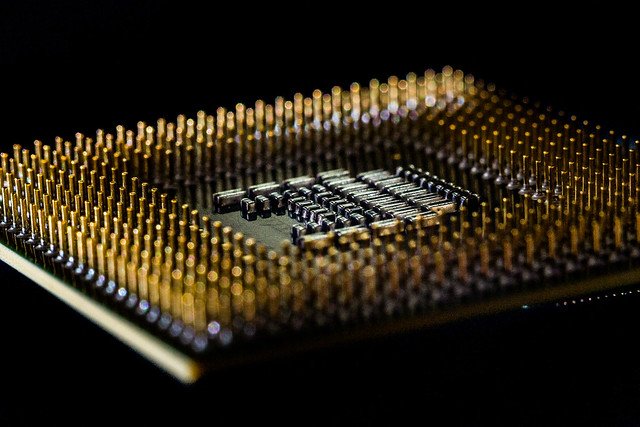
We’ve all probably had some sort of invention idea, although very few people put ideas into fruition. One of the biggest hurdles in being an inventor isn’t necessarily about experience or education, but rather financial barriers when getting into the market. This is why organizations like Inventhelp, to take small inventors into the free market to make a product adoptable by the masses.
Concrete
In the modern world, concrete is rather dull when talking about technology. On the other hand, I think it deserves a top position due to it’s proliferation throughout history.
Limestone was the crude base for early mixtures of concrete, and the recipe had adapted over time. You can trade concrete back to ancient civilization like Babylon, Egypt and the Roman Empire. Without this material, cities and structures would have remained quite primitive without much of a trace left today.
In the 20th century, steel-reinforced concrete became a thing and changed the integrity of modern structures. Many of the earliest buildings made in the 1920s are still standing strong today.
Microprocessor
Microprocessors contain very tiny components that carry out a set of instructions, doing work at a very fast pace. The x86 instruction set is the most popular with personal computers and ARM being the most popular with cellphones. Punch card computers would probably still be in use if this consolidated component didn’t exist.
If it weren’t for the microprocessor, we wouldn’t have fast, portable computers to improve productivity or entertainment. The widespread usage of computers and internet have improved the ability for small businesses to get started where they wouldn’t have otherwise had a platform.
Gasoline
Gasoline is derived from oil and it is the major component that keeps our modern economy afloat. Whether it is ground vehicles in the supply chain, cargo ships or our consumer vehicle, there still isn’t a viable replacement. It is a product created by distillation that refines crude petroleum.
Cackling was a thermal process invented in 1913 to refine petroleum into gasoline even more efficiently. Not only were higher yield possible, but it also improved fuel efficiency immensely.
Penicillin
It was discovered by Scottish scientist Alexander Fleming in 1928, which is derived from penicillium mold. He had found that the mould had anti-bacterial effects, but it took years later for scientists to take interest and develop a product for medicinal use. This was mainly due to Fleming being rather poor at presenting is findings to peers.
Howard Florey and his team had proven that penicillin was viable to trade bacterial infections in mice, and it was soon after that it was used on humans in real-world applications. If it weren't for this antibiotic and its derivatives, a lot of people would have died off due to relatively trivial infections.
Wrapping Up
Society is held together thanks to innovative inventions, whether it’s big or small. If you have an invention idea that you believe will help the world, you may need assistance from Inventhelp to bring it to the market.